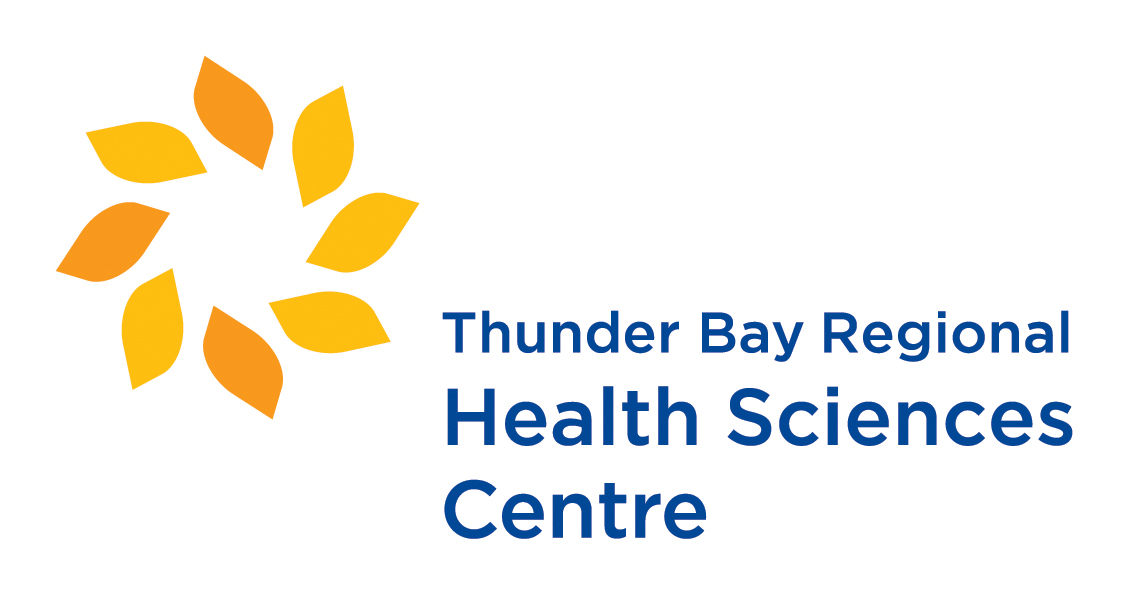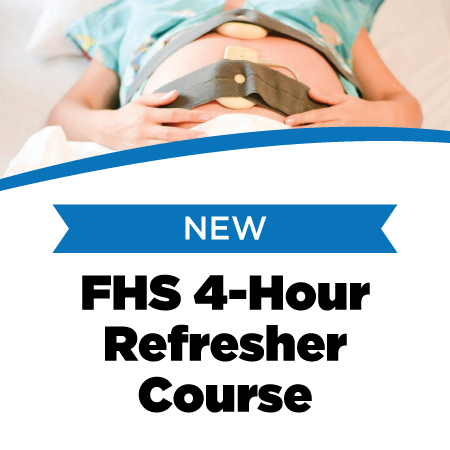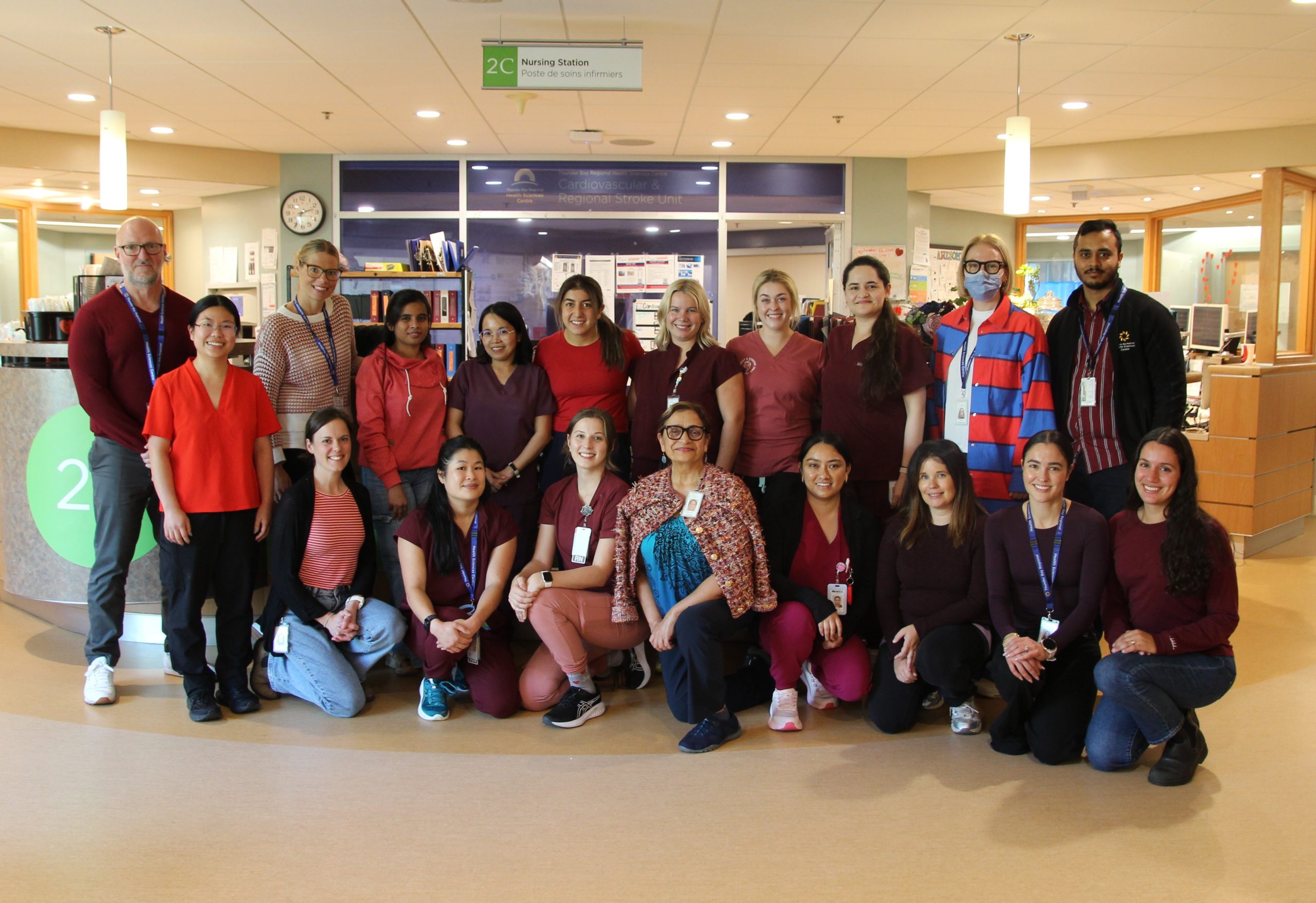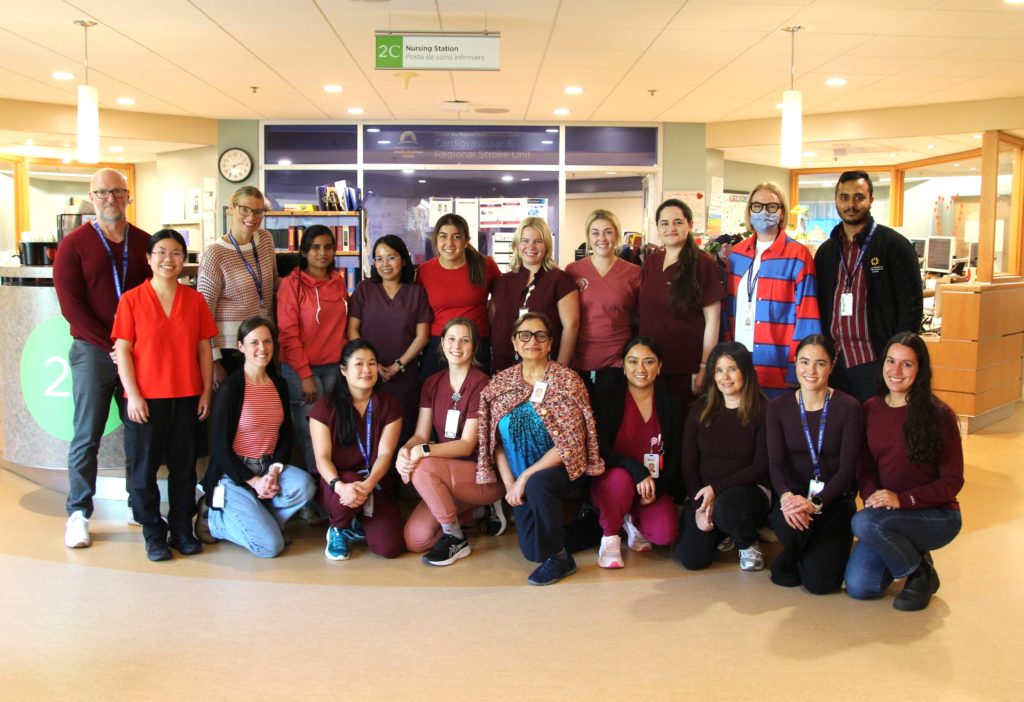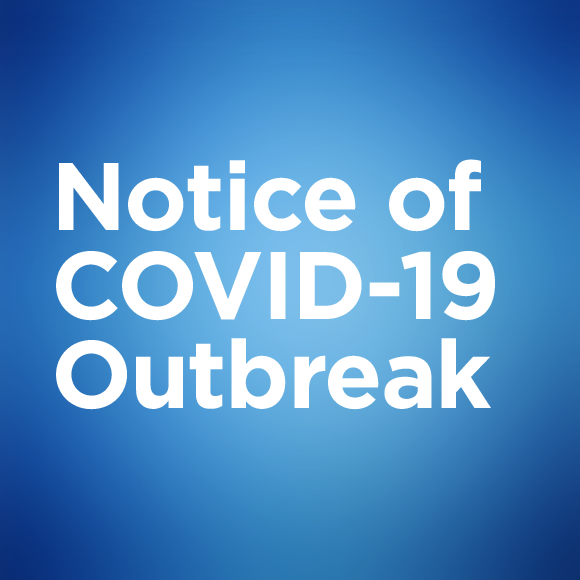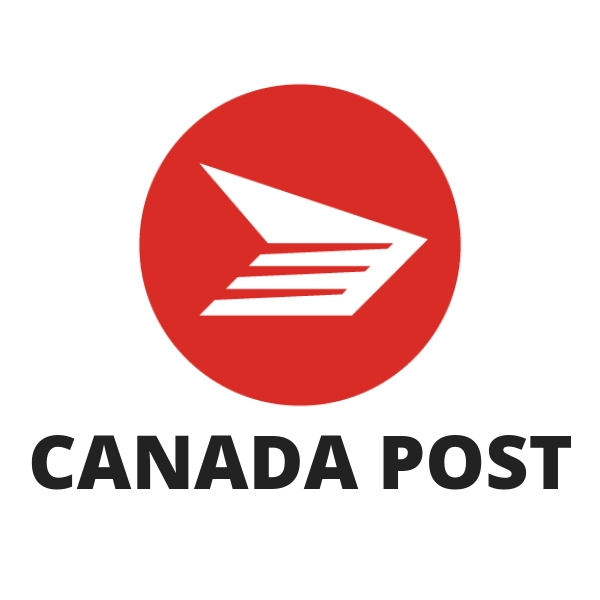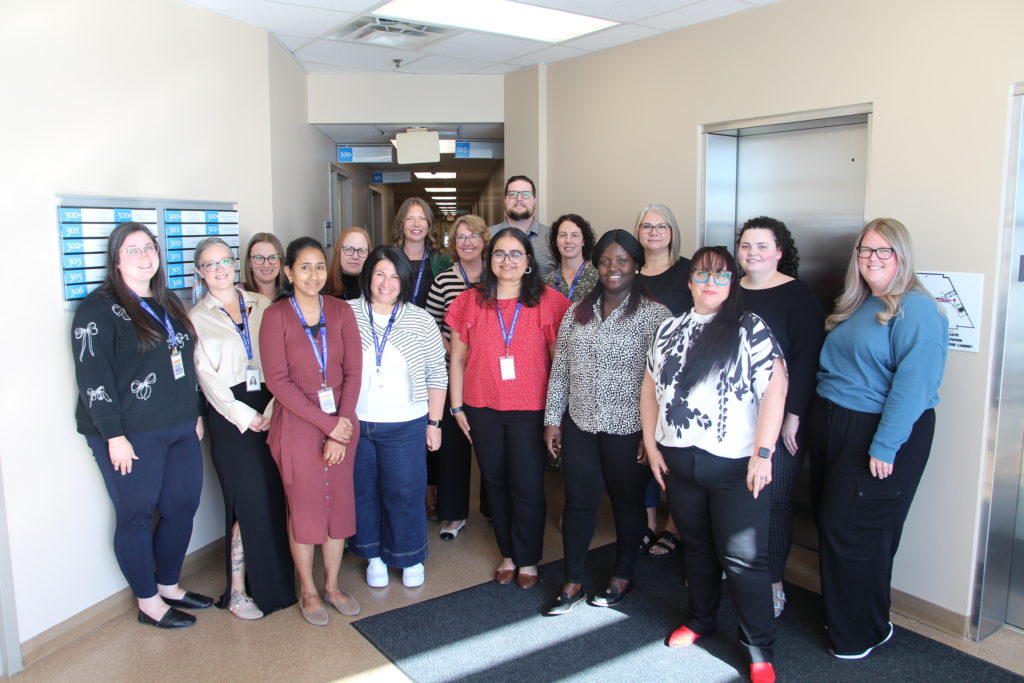
Hello, Boozhoo, Bonjour.
This morning, as I walked up the stairs and looked across main street I saw so many staff in orange shirts. It struck me how powerful it is when so many of us pause together, to reflect on reconciliation. Today, as we mark the National Day for Truth and Reconciliation, we release our second annual report on the Calls to Action. The report highlights important steps forward, but the real progress comes from moments like today, when we pause, share and honour Indigenous knowledge in our daily care.
Over the past year, reconciliation has come to life in many ways across our Hospital. Staff have worked with local Indigenous partners to create spaces for traditional healing. Professional staff have joined cultural safety training and applied it to patient care. Volunteers have supported community events that strengthen relationships outside our walls. These efforts remind us that reconciliation is not a single event. It is ongoing work that takes all of us, every day, to ensure patients and families feel respected and understood. I hope you have time to read the latest progress report available here.
Earlier this month, I attended the Employee Giving Luncheon, and it was uplifting to see so many staff come together in support of our Hospital. The stories shared that day stayed with me. One staff member described how giving was their way of saying thank you for the care their child received years ago. Another said it was their chance to be part of something bigger than themselves. These personal reflections show that generosity at our Hospital goes well beyond financial support. It builds a culture where kindness, compassion and shared purpose define who we are.
Many of you have also noticed the cranes and construction fences as the Cardiovascular Surgery Program continues to reshape our grounds. While construction can be disruptive, it is a visible sign of change that will bring lasting benefits to our region. We are not only building new space, we are recruiting world-class clinicians, physicians and specialists who are drawn to the vision of delivering advanced cardiovascular care right here in Northwestern Ontario. You can read more about some of the professional staff that are joining our Hospital here. The combination of new facilities and new talent is creating momentum that will transform care for patients who, until now, have often had to travel far from home for needed care.
Tomorrow marks the beginning of Breast Cancer Awareness Month. This is a time to reflect on the impact of this disease on so many lives. Here at our Hospital, the commitment to breast cancer care runs deep. Clinical teams support patients through difficult treatments, researchers explore new approaches, and volunteers provide comfort and encouragement along the way. Awareness matters, but what sets this Hospital apart is action, the daily work you do to ensure that patients and families feel supported at every stage of their journey. Thank you for all that you do. Whether you are at the bedside, in a lab, supporting patients behind the scenes, or volunteering your time, your dedication makes a difference. I welcome your thoughts on this blog or anything else on your mind. Please reach out to me at rhonda.ellacott@tbh.net. I value the opportunity to hear directly from you

